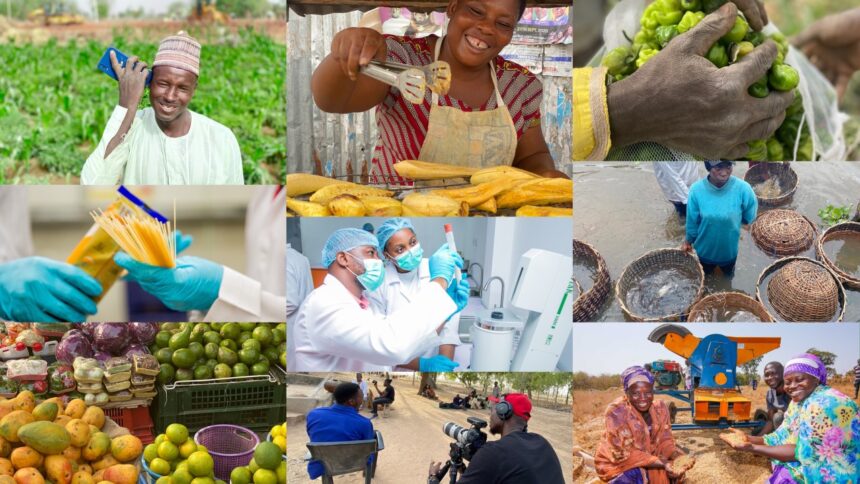With 60% of the global arable land and huge natural resources, Africa holds the key to a world free from hunger and poverty. The continent offers significant prospects for innovation, investment, and sustainable development, driven by a rising population and an escalating need for food.
Therefore, ensuring food security in Africa and unlocking the continent’s agricultural potential could be the game changer.
The challenges
Despite its huge potential, Africa’s food and agriculture sector faces major hurdles such as insecurity triggered by terrorism in parts of the Sahel and incessant herders farmers crisis.
In addition, there is the challenge of infrastructure and logistics. According to a Food and Agriculture Organization (FAO) report, around one-third of global food production is either lost or wasted, leading to an annual economic loss of about $1 trillion.
- Advertisement -
In Sub-Saharan Africa, this loss is approximately 37%, representing an annual waste of 120-170 kg per person. The FAO further notes that a substantial amount of food generated in Africa, estimated at 30-40%, is lost before reaching consumers. This disturbing fact brings to the fore the issue of road infrastructure, having to bribe security personnels at various check points and lack of good storage facilities.
Low intra-African trade is also a factor preventing Africa from unlocking its food potential. According to the UN Trade and Development, intra- African trade is the lowest in terms of sub regional trade volume. it is below intra-European trade which is currently at 68% and Asia at 59% while North American internal trade is currently 30.6%. As a result, it is hard for farmers to sell their goods within Africa.
Due to some of the challenges mentioned so far, many African countries have not been able to ensure food security. They are grappling with hunger, rising cost of food commodities and an import dependent economy. Also, because most of these countries are import dependent, they are susceptible to various external factors which affect the dynamics of the domestic market.
For example, the ongoing conflict in Ukraine has significantly affected Africa, leading to disruptions in agricultural production, increased delays, and heightened risks to food security. As a result, the continent is currently facing a deteriorating food security crisis.
The role of leadership
African leaders have a huge role to play in unlocking the continent’s food potential. First, there must be a concerted effort to tackle the problem of insecurity. Many of the countries are facing all kinds of security challenges which have affected the productivity of the communities.
- Advertisement -
Therefore, there must be a strategic action to tackle terrorism and the lingering farmers/herders crisis. In addition, the leadership must tackle the road infrastructure deficit to allow smooth transportation of goods from the farm to the market.
Also, institutional corruption on the part of security personnel manning various border points must be checked. There must also be an incentive for farmers and a strong policy to encourage patronage of locally produced food. This will increase demand and ultimately boost production.
Another important aspect of leadership role is on boosting intra-African trade. The African Continental Free Trade Area (AfCFTA) presents a significant opportunity to enhance trade among African nations and to further stimulate economic development across the continent. Hence, African leaders should key into the prospects of the agreement.
The role of technology
Africa’s food potential can also be unlocked through the the implementation of technology-based solutions, including solar-powered refrigeration systems and e-procurement platforms, alongside the advancement of physical infrastructure dedicated to food storage and transportation.
In addition, the use of modern tools, biotechnology, crop inspection, AI-driven weather forecast system and GPS technology will play a huge role.










